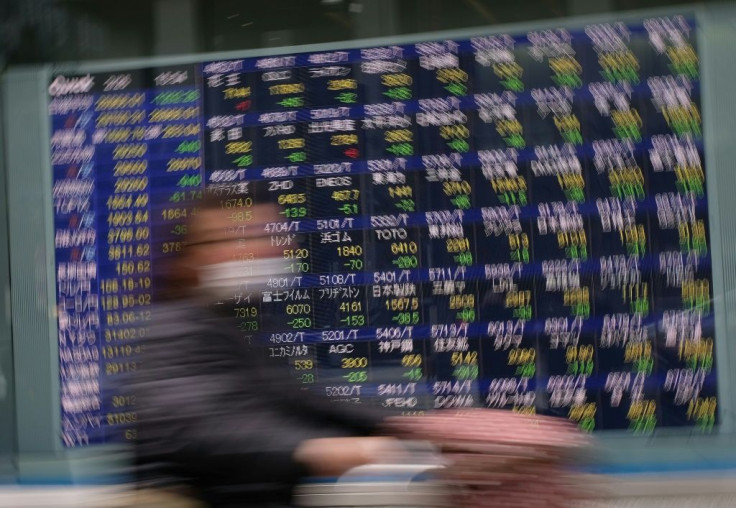What Is Driving The Big Comeback Of Japanese Stocks? Will It Last?

Japanese shares have staged a solid rally in the last year, marching toward the old new highs of over three decades ago.
The benchmark Nikkei Index or the Nikkei Stock Average, which monitors the performance of the shares of companies listed on the Tokyo Stock Exchange, is up close to 30%, compared to a 10.5% gain from Dow Jones, an 18% gain from the S&P 500 and a 35% loss of the FXI-iShares China Large-Cap ETF.
Trading at around 36,000, the Nikkei is less than 15% below its old-time high of the late 1989s when Japanese equities were among the hottest in the world.
One of the drivers behind the comeback in Japanese equity shares is the return of inflation. The Consumer Price Index (CPI) — a measure of a typical consumer basket's value — climbed from around 98 in 2020 to 107 at the end of 2023. In addition, the Producer Price Index (PPI) — a measure of wholesale prices — increased from 102 to 132.
The return of inflation is usually bad for an economy and equities, as it pushes interest rates higher, making equity valuations less appealing to investors. But it is good for the Japanese economy, as it means the end of decades-long deflation, a situation where the expectation of falling prices has been depressing consumer spending, corporate earnings and asset prices.
Then there's the falling yen, which has helped Japanese exports. For instance, Japanese exports reached a record $61 billion in September, thanks to the rise in auto shipments to the U.S. and Europe.
In addition, a weak yen has made Japanese shares more appealing to investors from countries with strong currencies, like the U.S.
According to Sankar Sharma, investing expert and CEO of RiskRewardReturn.com, there are other factors such as the introduction of the Nippon Individual Savings Account (NISA), a tax-free stock investment program by the Japanese government. "NISA has recently undergone a revamp to convert the vast sums of Yen sitting idly in household savings into active investments in the stock market," he told International Business Times. "This initiative has been successful, as evidenced by the upward trend in Japanese equities."
Meanwhile, he thinks Japanese shares are a bargain based on forward earnings. " At 16 times forward earnings, the Japanese market highly appeals to long-term investors," he added.
Sharma believes the combination of the weak yen and favorable market valuations has made Japanese equity shares an irresistible proposition for investors hunting for value worldwide. "It's worth noting that Warren Buffett's National Indemnity Company, a renowned investor and philanthropist, holds an 8.5% stake in five Japanese trading firms," he added. "This stake was increased from 7.4% to 8.5% in 2023."
Still, investors should be cautious of committing new money to Japanese equities, as the rally may not be sustainable for several reasons. First, the country's economy has undergone a few brief periods of deflation, turning into deflation, and a weak yen reviving exports only to revert to deflation and stagnation a few months later.
Second, the return of inflation and the weak yen cannot solve the Japanese economy's chronic problem of unfavorable demographics and the growing competition from manufacturing products from China and South Korea.
Shawn Carpenter, entrepreneur and executive in the fintech industry, believes the Japanese equity market is a substantial market with an uncertain future. "In a nutshell, Japan's stock market is looking strong right now, thanks to many improvements in the country and some helpful currency trends," he told IBT. "Whether this is a long-term thing or a short burst of success — that's the million-dollar question. But for now, it's making waves in the financial world."
© Copyright IBTimes 2025. All rights reserved.






















